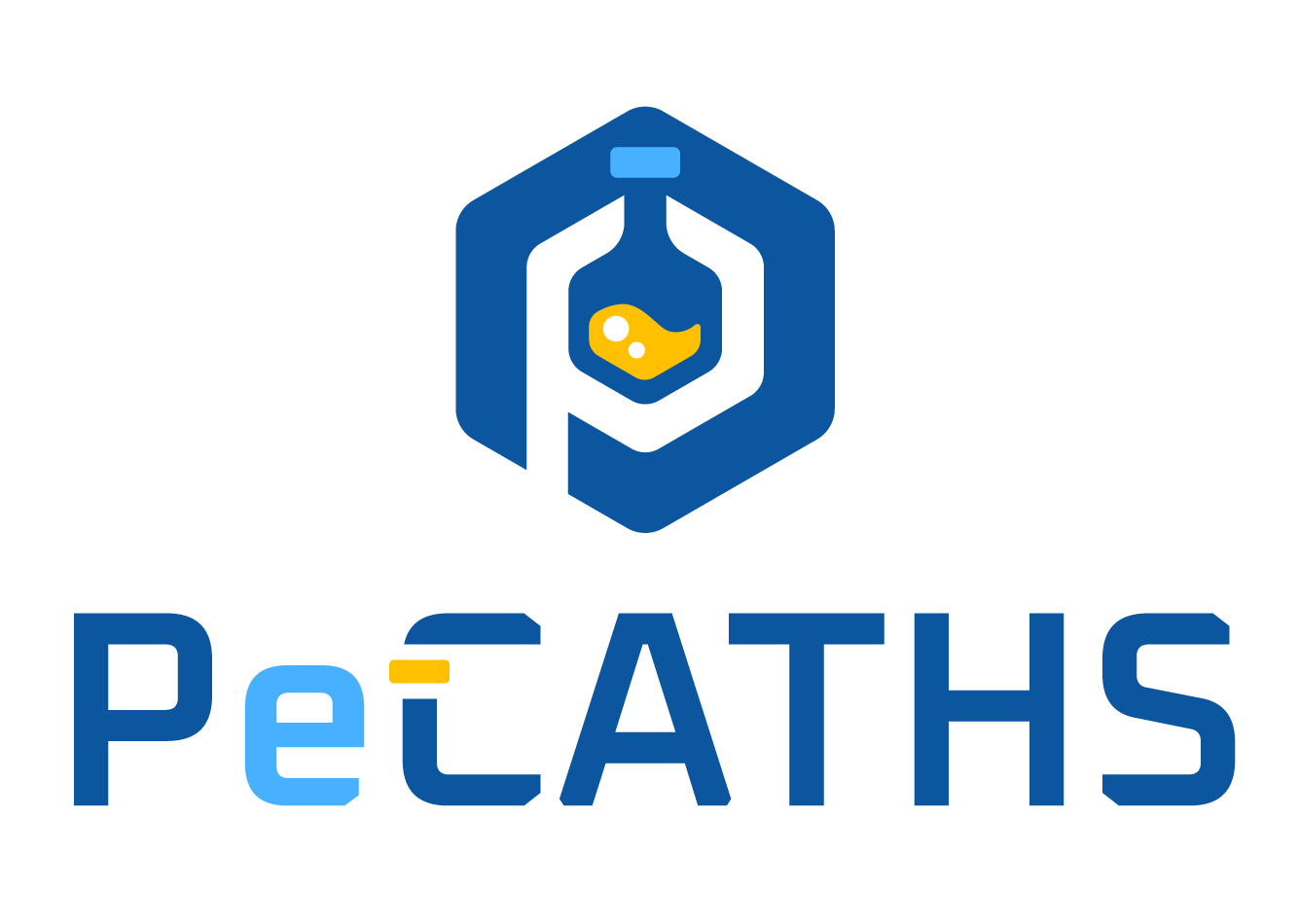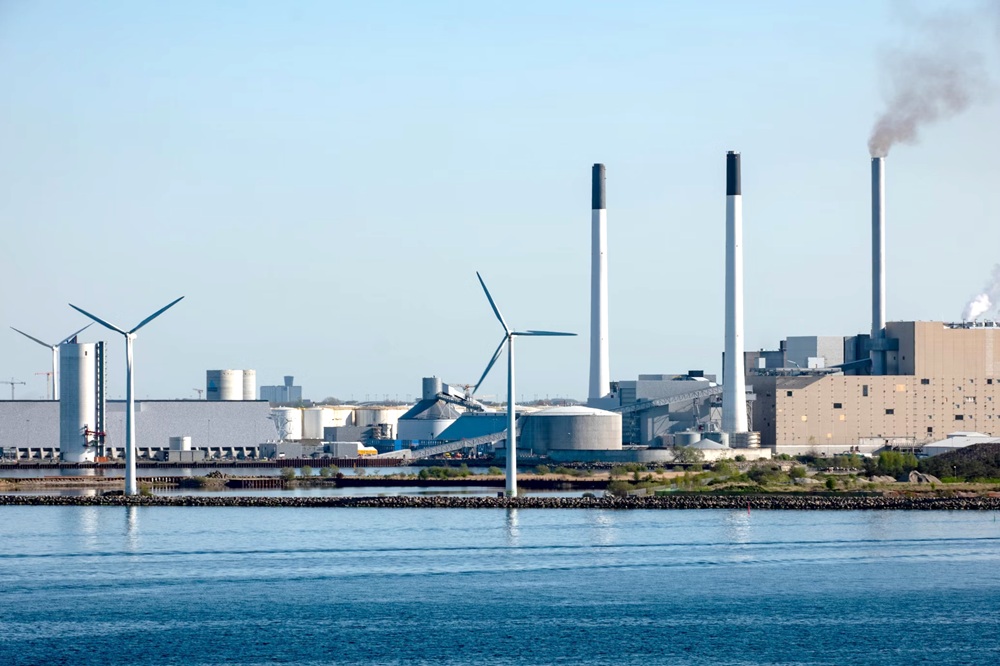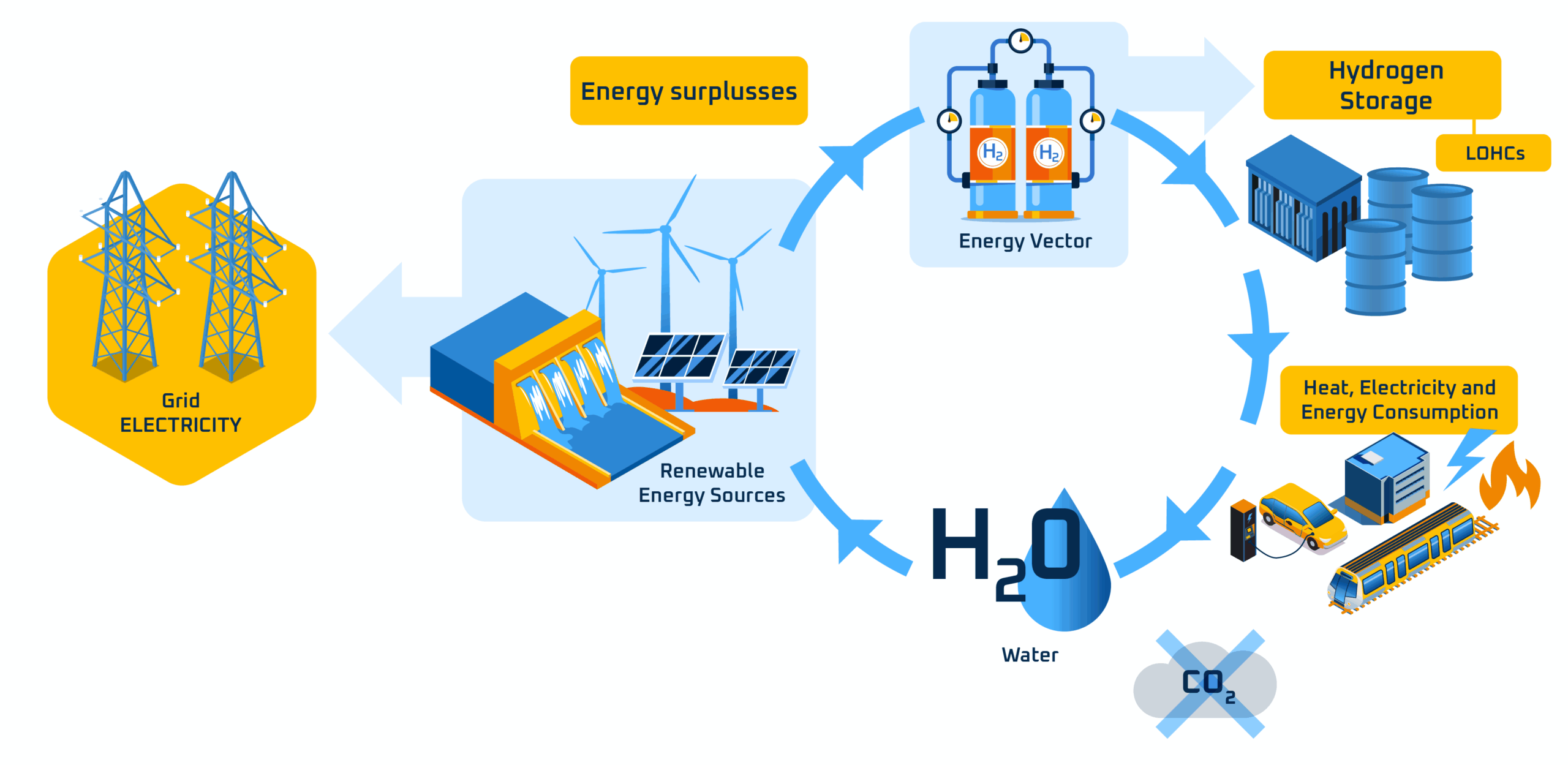
Photo-Electrocatalytic Routes For Long-Term Sustainable Hydrogen Storage

PECATHS
The PECATHS project, funded by the European Union, is pioneering a groundbreaking approach to energy storage that promises to accelerate the transition to a hydrogen-based economy. The project is developing an innovative system that uses Liquid Organic Hydrogen Carriers (LOHCs) to store and transport hydrogen in a safe, stable, and efficient manner. By combining this technology with biomass conversion, PECATHS is creating a truly sustainable and circular energy solution.
The project’s core innovation lies in its ability to directly transfer hydrogen from biomass to LOHCs without the need for costly and energy-intensive gas production. This process not only simplifies the hydrogen supply chain but also generates high-value chemicals as a byproduct, further enhancing its economic viability. By utilising biomass as a hydrogen source and solar power as a renewable energy source, PECATHS is creating a closed-loop system that is both environmentally friendly and cost-effective.
PECATHS is addressing the critical challenge of long-term energy storage, which is essential for ensuring the stability and reliability of our future energy grids. The project’s advanced (photo)electrocatalytic transformations will enable the efficient conversion and storage of renewable energy, paving the way for a more sustainable and resilient energy infrastructure. By reducing our reliance on fossil fuels and promoting the use of clean energy, PECATHS is making a significant contribution to the fight against climate change.
Through its cutting-edge research and development, PECATHS is not only advancing the science of energy storage but also creating new economic opportunities. The project’s innovative technologies will help to create a more competitive and sustainable European energy sector, driving economic growth and job creation. By leading the way in hydrogen technology, PECATHS is helping to secure a cleaner, greener, and more prosperous future for all.
